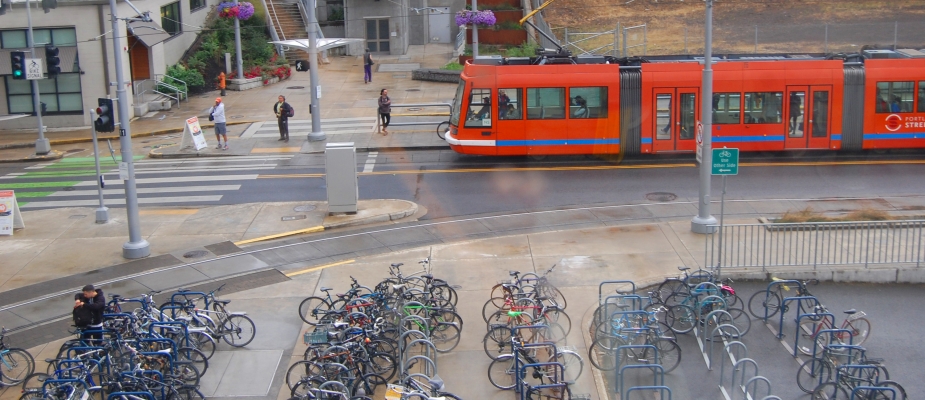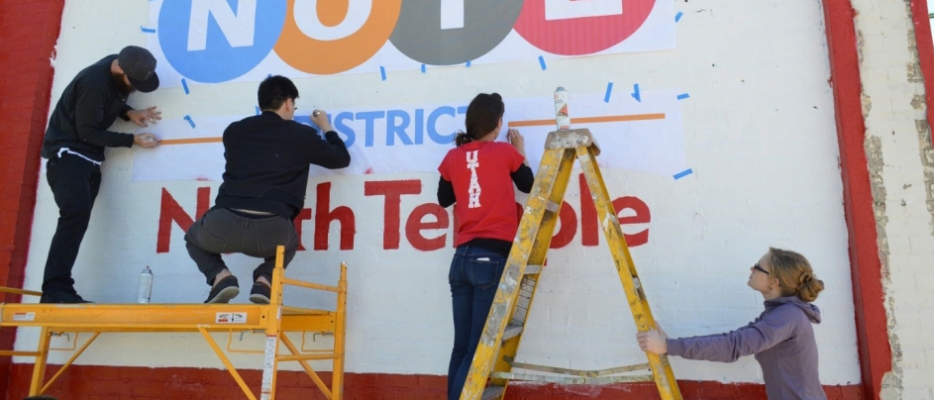The National Institute for Transportation and Communities (NITC) program has released its 2018 Small Starts request for proposals (RFP). Faculty at NITC's partner universities* are invited to submit abstracts by September 17, 2018.
The Small Starts grant assists researchers (based at NITC partner universities) who are interested in transportation but have not had an opportunity to undertake a small project ($20,000 or less). Read about the Small Starts projects that were funded in 2017. Projects must be consistent with NITC's theme of improving the mobility of people and goods to build strong communities.
Our theme includes a few key topics:
- Increasing access to opportunities
- Improving multi-modal planning and shared use of infrastructure
- Advancing innovation and smart cities
- Developing data, models, and tools
Key Dates
- RFP Opens: July 18, 2018
- Proposals due: September 17, 2018
- Award Selection: Sept-Oct 2018
- Projects begin & funds...




 Vivian Miller is a third-year doctoral candidate in the School of Social Work at the University of Texas at Arlington. Her primary research interests are in...
Vivian Miller is a third-year doctoral candidate in the School of Social Work at the University of Texas at Arlington. Her primary research interests are in...





